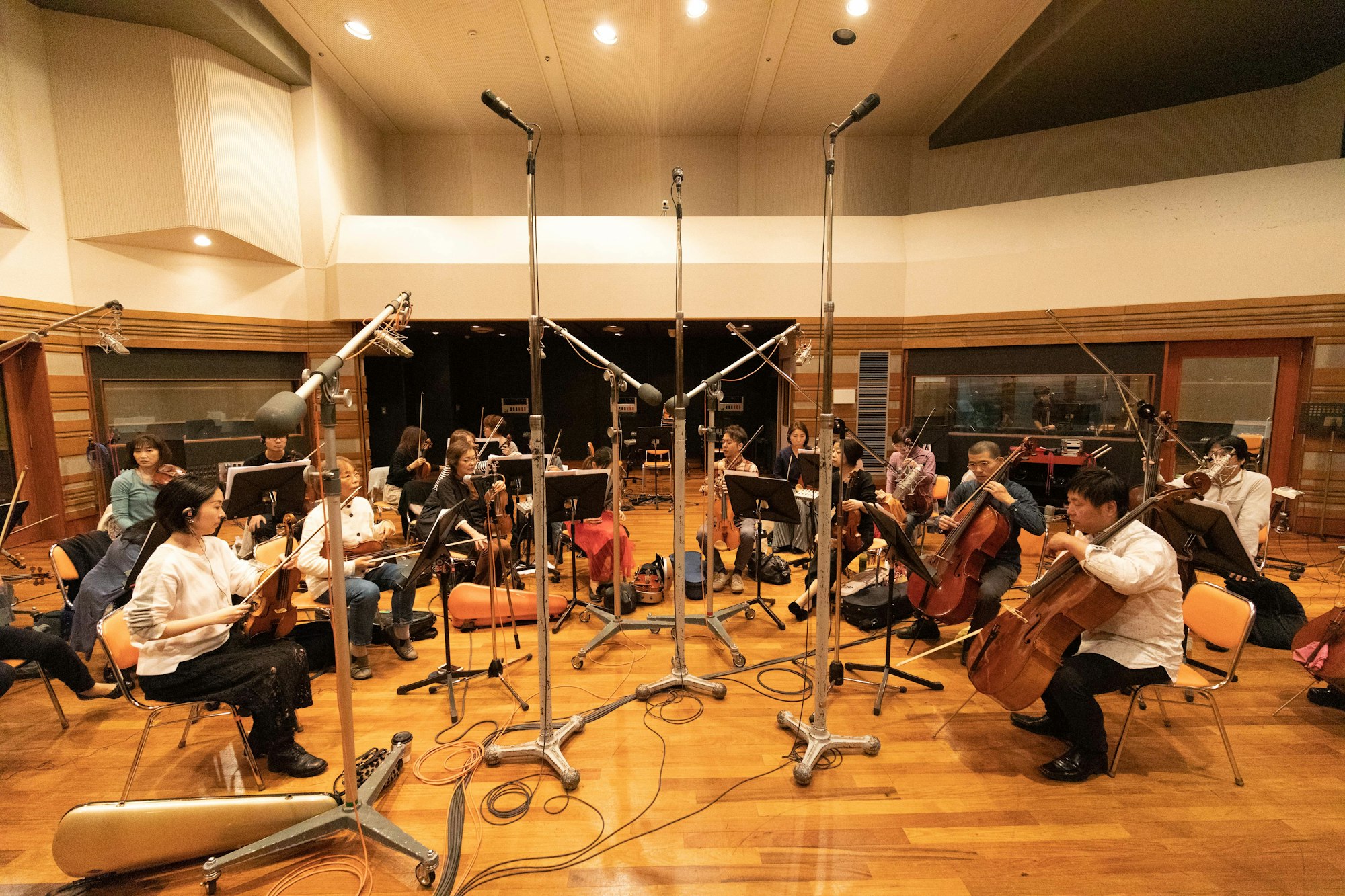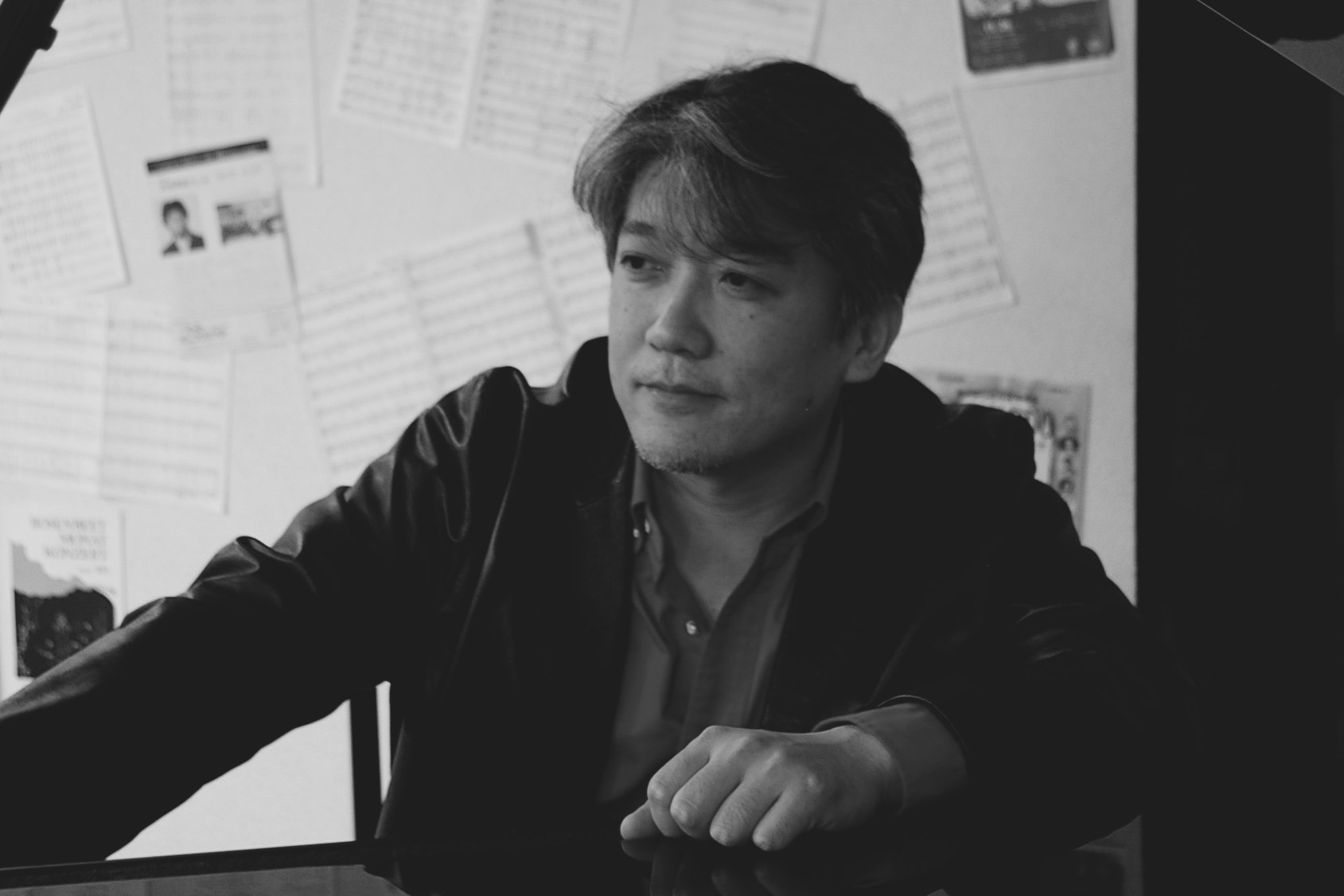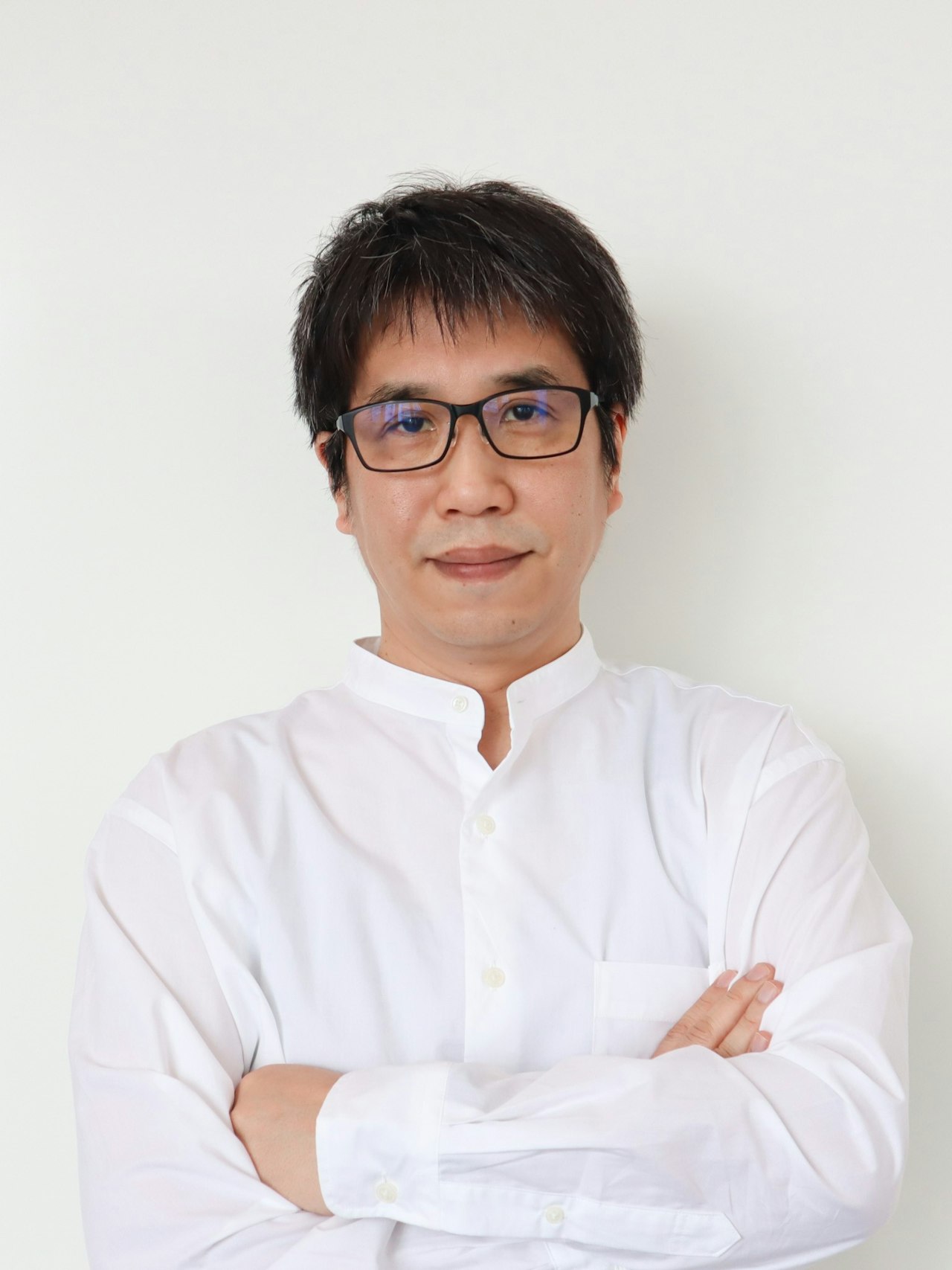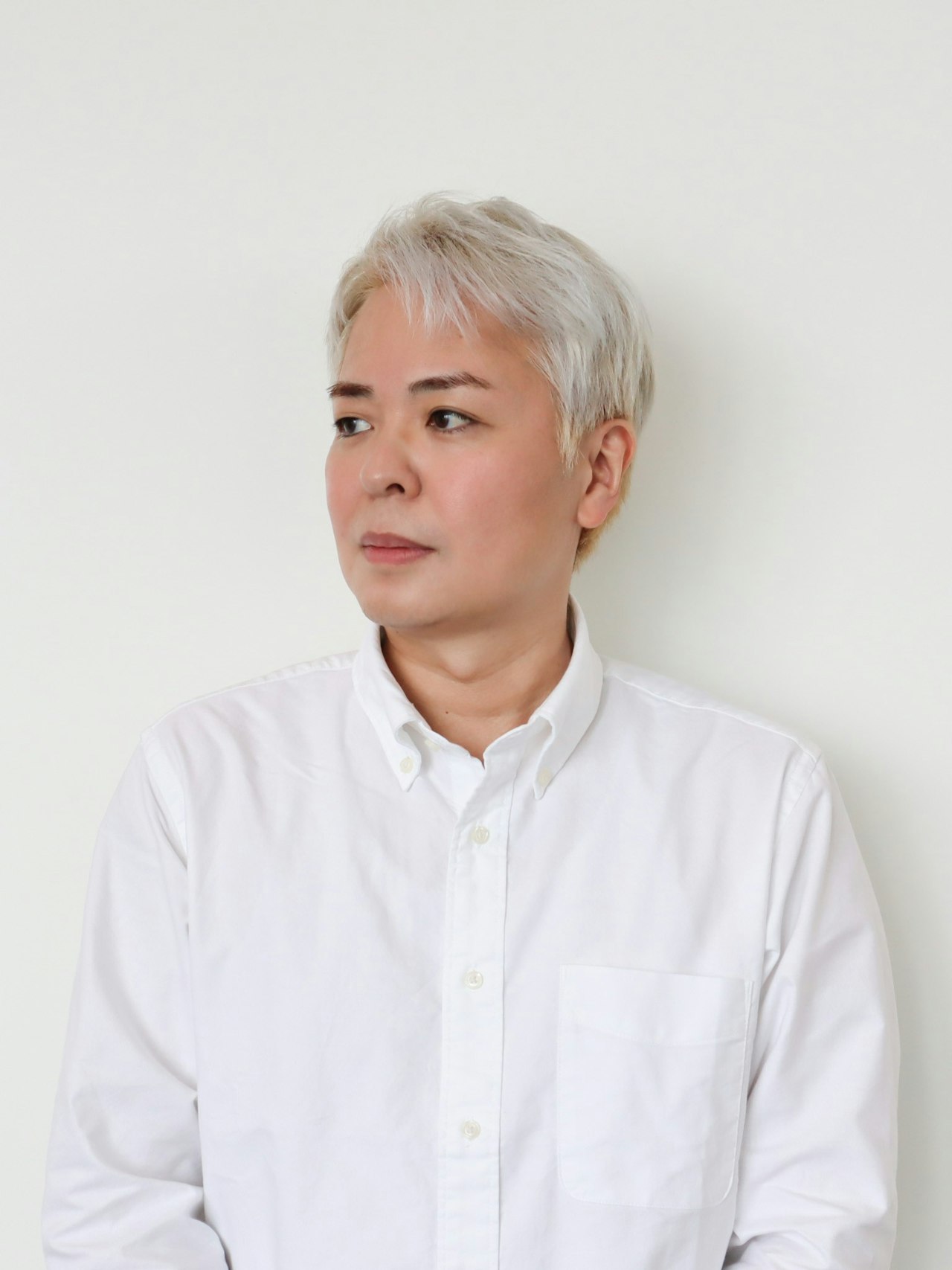Words by Mat Ombler
When FINAL FANTASY VII was released on the PlayStation in 1997, it changed the world of video games forever. Widely regarded by many as one of the most important video games ever created, its jaw-dropping 3D graphics and full-motion video cutscenes paved the way for an immersive style of storytelling that was unlike anything seen before. Despite being the seventh FINAL FANTASY game, the overwhelmingly positive reception to FFVII took the series from being a cult favourite amongst die-hard RPG fans in Japan to a household name in the West.
But while critics and gamers at the time praised FFVII for its complex characters, detailed plotline and cinematic visuals, there’s one element of FFVII in particular that makes the game so unforgettable for an entire generation, and that is its music. Composed by FINAL FANTASY series composer Nobuo Uematsu, FFVII’s score continues to be celebrated even 25 years after the game’s release.
Orchestral arrangements of tracks from the game such as Aerith’s theme and One-Winged Angel make regular appearances in the Classic FM Hall of Fame and on BBC Radio 3 music shows, while jazz arrangements of FFVII music are regularly played by Jon Baptiste and his house band to millions of viewers on the Late Show with Stephen Colbert.
Over the years, this demand for FINAL FANTASY music has led to crowds flocking in their thousands from all over the world to attend FINAL FANTASY concerts such as Distant Worlds, Final Symphony and the FINAL FANTASY VII REMAKE Orchestra World Tour. Most recently, the BBC announced its first-ever video game prom, which will feature music from the FINAL FANTASY series.
All of this illustrates the fact that Uematsu’s melodies are just as, if not, more iconic than the FINAL FANTASY games they were created for. So when FINAL FANTASY VII REMAKE, the first entry in a three-part remake of the 1997 classic was revealed at E3 in 2015, fans had high expectations for the music. Remaking a game with the legacy of FFVII while keeping the core fanbase satisfied is no easy task, but FFVIIR was largely met with praise following its release in 2020.

Not only is this one of SQUARE ENIX’s most ambitious titles to date, but it’s also one of their most impressive musical feats too, with hundreds of pieces of music created by the SQUARE ENIX music team over the course of a year (excluding pre-prod). The score features brand-new tracks alongside reimagined versions of FFVII’s most iconic music. And to live up to the expectations of music fans, SQUARE ENIX enlisted a dream team of composers with extensive work across FINAL FANTASY titles.
The music in FFVIIR has won numerous awards, including outstanding music supervision at the Hollywood Music in Media Awards, best score and music at The Game Awards, the Japan Golden Disc Award for soundtrack album of the year and best cinematic cutscene audio at the Game Audio Network Guild Awards.
We spoke with SQUARE ENIX’s music director Keiji Kawamori about supervising the FFVIIR music, along with FFVIIR composers Masashi Hamauzu, Mitsuto Suzuki and co-director (scenario design) Motomu Toriyama to learn more about the process behind arranging FFVII’s iconic melodies and creating original pieces of music for the world of FFVIIR.
What was your role in FFVIIR as a music supervisor?
Kawamori: I had spotting sessions with the co-director (scenario design) Motomu Toriyama and sound director Makoto Ise, to discuss their vision for FINAL FANTASY VII and decide how the music would be placed. I then selected and directed artists to compose the music, and subsequently implemented this into FFVIIR.
You played a significant role in supervising the music for the CGI film FINAL FANTASY VII ADVENT CHILDREN. As the film features many iconic FFVII tracks, did you carry over any influences from the project or choose a fresh approach for FFVIIR?
Kawamori: As FINAL FANTASY VII ADVENT CHILDREN is a film, I created the music according to the length of the scenes, However, as FFVIIR is a video game, the music is produced to reflect and match the ever-changing situations following the player’s movements [interactive music], so I took a different approach from the one I took in FINAL FANTASY VII ADVENT CHILDREN.

The story in FFVIIR moves away from the original game's plot which many are familiar with. How did this change in narrative direction impact the music in the game, and did this give you more freedom to introduce new themes?
Kawamori: In FFVIIR, new themes were created for scenes involving new characters as well as the newly expanded areas. The game itself retains the great quality of the original, but by adding new elements to it FFVIIR becomes an even more enjoyable experience for players. There are three important highlights in the soundtracks of FFVIIR: music that has minor arrangements on their main theme and melodies from FFVII, those that are extensively arranged to give a new impression, and finally, completely new pieces. These three elements are what make the FFVIIR soundtrack so enjoyable.
In Japan, the concept of co-writing isn’t so common yet.
One of the biggest differences between FFVII and FF VIIR is FF VIIR’s score comprises a large team of SQUARE ENIX composers. It would be interesting to learn more about the working process of the team: is it a collaborative environment where musicians work alongside each other and other members of the team, or is it more independent?
Kawamori: We didn’t take a co-writing method, but still, we made sure that we all care about the connectivity of music by sharing footage of the beginning and ending parts of each scene.
Suzuki: In many cases, the composers in charge of each project take the lead in creating the music. I usually work with a team of arrangers, musicians and engineers who all need to be involved in the music production. There are things that we can work on independently in our own environment, and things we need to work on together, such as recordings. So, it’s sometimes collaborative, and sometimes independent. My most important roles are to catch the moments where our individual tastes in music are intricately intertwined and interact, and to integrate them into scenes in games. In Japan, the concept of 'Co-Write' isn’t so common yet, but I believe that blending unique sounds and flavours together to create music is a very exciting production style, equally as exciting as creating melodies, beats and compositions. Decisions were often made based on both the functionality of the game and the quality of the music itself.
What kind of direction did you follow for the arrangements of iconic FINAL FANTASY tracks such as “Aerith's Theme”, “Bombing Mission” and “One-Winged Angel - Rebirth”? Was it challenging trying to preserve the original feeling of the music created by Nobuo Uematsu while creating something new?
Kawamori: There were two important points to consider when creating arrangements for the original soundtracks. First, we needed to decide how we’d use synthesiser sounds in the new versions, as they featured strongly in the original. Additionally, since the majority of our game music is interactive, it means music with fewer melodies is easier to switch between smoothly. However, melodies are an important element in the FINAL FANTASY series, so we took great care to switch between music seamlessly within scenes while preserving the iconic melodies.
Can you share some of your favourite songs from FFVIIR along with any songs that the team is particularly proud of and tell us why?
Kawamori: We're proud of all of the music, but the opening song “The Prelude – Reunion” has a special place in our hearts. I was elated when I first saw the footage of the game’s opening scene with the music behind it, which comes right after fans see Aerith for the first time.
We're proud of all of the music, but the opening song 'The Prelude – Reunion' has a special place in our hearts.
There are several jukeboxes scattered throughout the world of FFVIIR that can be interacted with to play arrangements of iconic FINAL FANTASY tracks in new styles and genres. It’s really cool hearing something like Bombing Mission arranged as a jazz track or the Chocobo theme transformed into surf rock. Mr. Toriyama, how did you come up with this idea and what made you want to do it?
Toriyama: FFVIIR depicts the story up till the main characters escape the city of Midgar. This meant that we had to set aside the majority of original FFVII music for later use, where they are going to be played in the appearing continent later in the story. So, we decided to set that music as it reaches people’s ears naturally in this world and had jukeboxes to play mainly the newly arranged pieces of original FFVII music. That way, fans of each piece would be glad to find their favourite music in jukeboxes, while giving us the freedom to save the original tracks for upcoming chapters.
As for the jukebox arrangements, they include a wider range of music genres than those used in the playing scenes, which reflects the image of the musical genres that the city's residents would listen to. By adding these unique elements to the jukebox arrangements, the music will have different flavours when the new arrangements are played in future chapters. We’re excited for you to hear these differences in the music when they are released in the future.
How important is the music of FINAL FANTASY to the overall experience of the games, and what kind of consideration is given to music at the beginning of development for a new FINAL FANTASY game?
Kawamori: Music has always been an important part of the FINAL FANTASY series, ever since Uematsu composed the amazing soundtracks. I feel the expectations of our fans and I always want to live up to them. We usually start with a rough draft and then go into more detail on planning the music when the game comes to a playable phase.


Are there any fun facts or secrets about the music in FFVIIR that would surprise readers?
Kawamori: In the cutscenes, we took melodies from the original songs related to the characters in order to give a stronger impression of the scene. Since the arrangements of "Let the Battles Begin!" were often played in the most spectacular scenes, many of you might think that the melody of "Let the Battles Begin!" is the most used in the new arrangement. However, the most used melody in the game is the "Shinra Company" melody, which is included in 18 different arrangements in the game.
Mr. Suzuki, the FFVIIR score features a lot of contemporary-sounding electronic music, particularly during the Honeybee Inn segments. A stand-out moment is when you control Cloud in a rhythm-based mini-game set to the three tracks, Funk with Me, Sync or Swim and Vibe Valentino. How did you approach the composition for these tracks and are there any artists that influenced them?
Suzuki: I don't have any influences for these three songs, but each of them has a sound that starts in the 80s and leads to the 90s and 2000s. Most dance music is characterised by drum patterns, tones and mixes, so I was very conscious of this. I remember writing the beats for all three songs in parallel, and there were days when I decided to just write drums for the day, which was really enjoyable.
"Honeybee Inn" features a music rhythm mini-game where players dance and interact with the music. Did the interactive elements require a different approach when structuring the songs?
Suzuki: We designed the track to emphasise the rhythm, so the player can feel the beat. In other words, we wanted it to be minimalist dance music, easy to play with fewer notes.
You’re also credited as working on the music in FINAL FANTASY XIII, which is known for having a more electronic score. Can you tell us more about your involvement and how it influenced your work on FFVIIR?
Suzuki: In FINAL FANTASY XIII I worked for Masashi Hamauzu, who I also worked with on FFVIIR. Mr. Hamauzu would let me do whatever I wanted with the arrangement, for example, replacing sounds, adding drums, dubbing phrases etc. I think he was sometimes baffled by my arrangements, but I'm truly grateful that he gave me the freedom to try them out. Mr. Hamauzu would then sign off the final version. Looking back, it was totally a youthful indiscretion and I feel embarrassed about it, but many of the experiences from working with him at that time have become the foundations of how I compose music today.
Your music in FFVIIR features a lot of synth and electronic instrumentation that’s reminiscent of your work from FFXIII – could you talk us through some of your influences, what your studio looks like and some of the equipment used in the game?
Suzuki: The synthesiser is one of those instruments that keeps evolving, and for me, it is not just a replacement for live instruments. Each one has its own unique characteristics, from tone to pressure, and I'm fascinated by their sounds that can't be reproduced in nature which me feel so special. I'm influenced by many artists, but I've always loved the world that Vangelis creates with his synthesisers, from the decadent sounds of "Blade Runner" and "Chariots of Fire" to the dynamism of the music. At the same time, it's a pleasure and very stimulating to discover the abundance of new music and sounds from the internet and social networks that I've never heard before. The synthesiser is one of the essential tools in my work, but it's also one of the elements that design my life - I truly enjoy its sounds and can’t live without it. It's inevitable that synth sounds are heard all over FFVIIR.
Composing 'Arbiter of Fate'' was a great challenge. I received the gameplay video only a month before the end of the project.
Mr. Hamauzu, as a FINAL FANTASY veteran who is credited for working on FFVII, FFX and the FFXIII trilogy, how would you say the music in FFVIIR differs from other FINAL FANTASY titles? Is there anything in particular that sets it apart?
Hamauzu: Every title in the FINAL FANTASY series has its own unique worldview, so I don't have the impression that FFVIIR is particularly different. However, the responses from the players have been very strong. There are still a lot of things that I don't fully understand. It's not easy to compose when you feel as though you're being swept away by a huge movement - it can be tough, but it's been a very interesting process. On the other hand, “Whispers” [key characters] are new elements to the original story, so working on the music relating to the Whispers was a very peaceful process. That was very special for me.
How much did you contribute to the original FFVII, and was this experience useful for working on the remake?
Hamauzu: In the original FFVII, I participated by singing in the choir and also recreating Haydn’s “The Creation” which can be heard in the background. I didn’t compose or arrange anything else, and I don't think the experience has helped me in working on the remake. Video games have evolved so much over the past 25 years, and as I was responsible for creating new music for the Whispers, I think I tried something new with the remake. However, I did feel a sense of nostalgia throughout the compositional process.
As well as Whispers Theme, you composed a lot of original music for the FFVIIR, particularly on Disc 5 of the soundtrack - could you explain how your choice of instrumentation and tonality was determined?
Hamauzu: I participated in this project with the recommendation of the co-director (scenario design) Mr. Toriyama and the original music composer Mr. Uematsu. I felt that what I was entrusted by them for this project was to give the soundtrack a ‘core’, so I was conscious of orchestrations, choruses and other iconic elements that would represent FFVIIR. However, I didn't suppress my own colours in the music. Otherwise, I wouldn't be able to open up a new ‘world’, and the reason why they chose me would be lost. It was hard to balance this, but it was also very rewarding for me.
I'd be interested in hearing more about the compositions for “Arbiter of Fate”, which is a boss battle music spread across three individual tracks with the music evolving over the three different parts of the battle. Do you have a particular approach when it comes to writing music for boss battles?
Hamauzu: For me, composing “Arbiter of Fate” was a great challenge. I received the video only a month before the end of the project - it was the largest boss character I had ever seen, and the length of the music required was relatively long. I felt like I was fighting an impenetrable enemy! Additionally, as I worked on each project with the intention of "making this piece my last combat theme", this tension put even more pressure on me. However, as if being pulled along by this formidable foe, the music came to life featuring a bright chord progression and a structure that gradually increases in tempo.
© 1997, 2020 SQUARE ENIX CO. LTD. All Rights Reserved.
CHARACTER DESIGN: TETSUYA NOMURA/ROBERTO FERRARI
LOGO ILLUSTRATION: © 1997 YOSHITAKA AMANO
